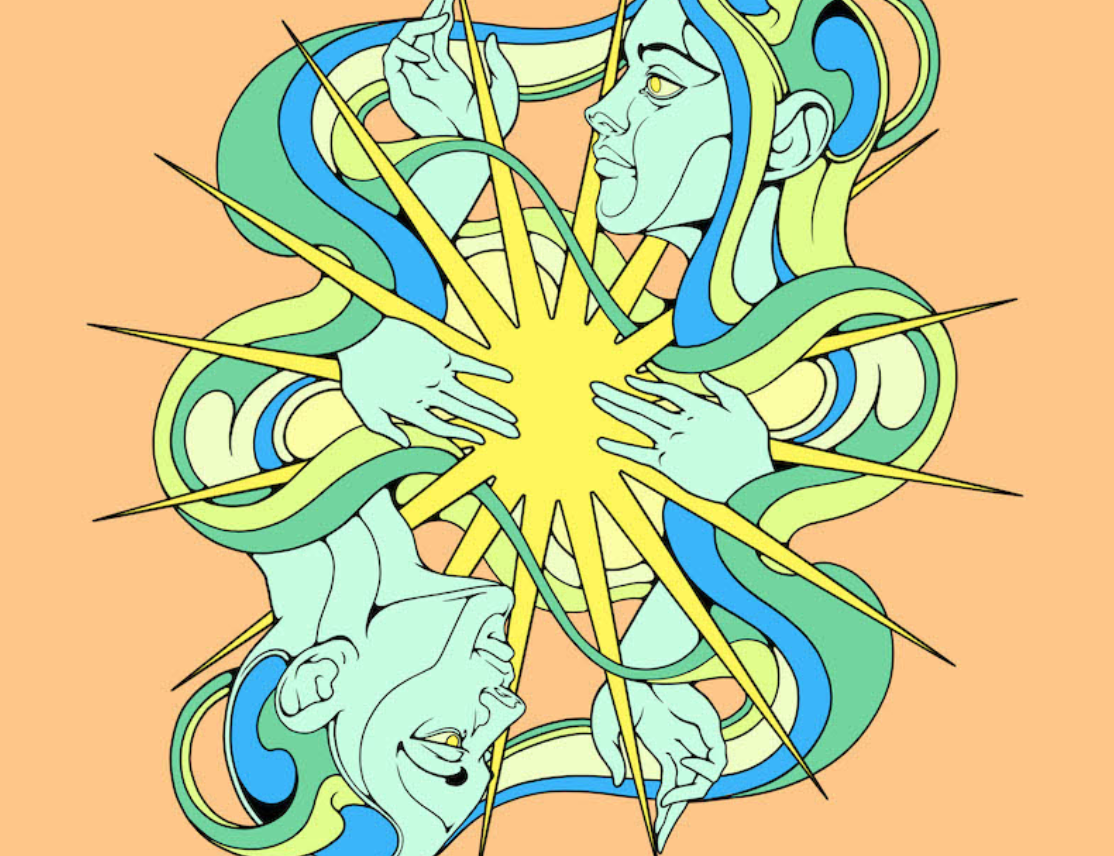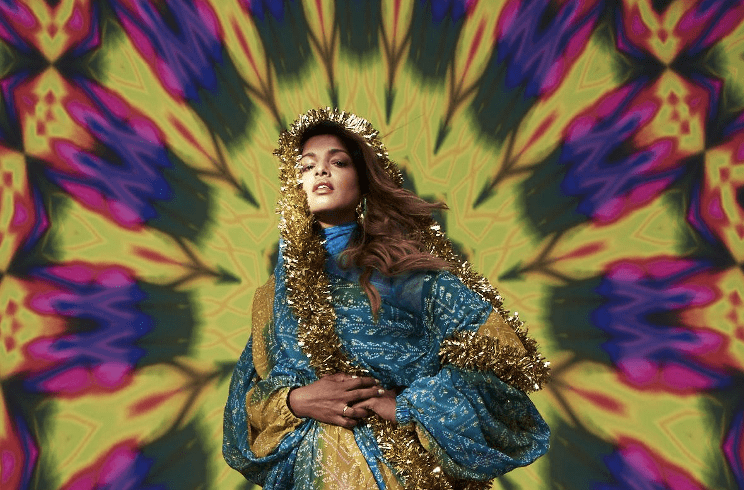New research shows that music can be infectious — like a virus — with download patterns resembling the epidemic curves for disease.
When a song hits the radio, a music streaming service like Spotify, or gets shared on a social media platform like TikTok — what happens next? Using mathematical tools typically applied to study the spread of infectious diseases, Dora Rosati and his team set out to discover more about the way music catches on.
Published in Proceedings of the Royal Society A: Mathematical and Physical Sciences, the study found song download trends to be similar to the spread of an infectious disease. Dance and metal had the lowest spreadability scores. Pop music was only to be outdone by rock and hip hop — and electronica had the highest, most infectious, rating.
The research analyzed “1.4 billion individual song downloads from the now-discontinued music streaming service MixRadio. Focusing on the top 1,000 songs downloaded in the UK between 2007 and 2014, they measured how well a standard model of epidemic disease, called the SIR model, fitted trends in song downloads over time.”
Rosati, lead author on the study, shared:
With a disease, if you come into contact with someone who is ill, then you have a certain chance of catching that disease. With songs, it looks very similar. The big difference is that for songs, it doesn’t necessarily have to be physical contact – it could be that my friend used this cool new song in their Instagram story, so now I’m going to go and find it.
Dr. Thomas Rawson of Imperial College London offered this perspective:
There are probably a lot of people in a population that may already be immune to a genre like electronica, because of their existing tastes. My nan, for example, is particularly resistant to the infection of trap and dubstep.
Read more on “Modelling song popularity as a contagious process” here.
Source: The Guardian | Photo by Gina Joy for Insomniac Events











